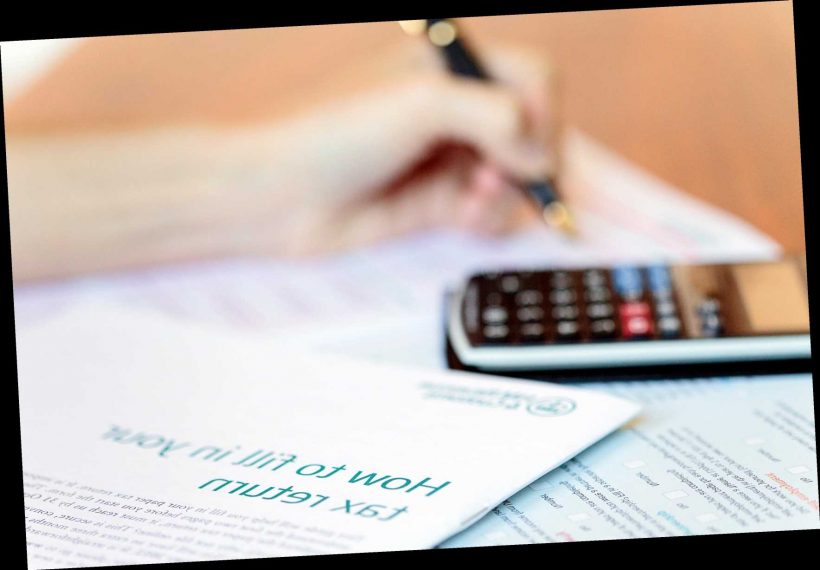SELF-employed workers are being given one extra month to submit their tax return before they face a fine.
HMRC confirmed Brits will now have until February 28, 2021, to get their self-assessment tax return in without facing a penalty.
? Read our coronavirus live blog for the latest news & updates
The official deadline to submit your self-assessment tax return is January 31, 2021.
Self-employed workers are still being urged to hand in their tax return on time if they can, but the announcement gives breathing space to those who've been affected by the coronavirus crisis.
HMRC previously confirmed it will accept Covid disruption as a reasonable excuse for people missing the deadline.
But under this old guidance, you needed to prove you've been negatively impacted by coronavirus and that it has caused a delay in making the deadline.
How do I fill in the tax return?
BEFORE you can complete and submit your tax return, you’ll need to have a unique taxpayer reference (UTR) and activation code from HMRC.
This can take a while to receive, so if it's the first time you're completing self-assessment, make sure you register online as soon as possible.
To sign in or register visit the "Self Assessment tax return" section of HMRC's website.
If you've already signed up for self-assessment, you can find your UTR on relevant letters and emails from HMRC.
HMRC accepts your payment on the date you make it, not the date it reaches its account – including on weekends.
So if you want to pay by bank transfer you can do so up until the evening of January 31, but it's best to get it out the way in advance.
If you need to change your tax return after you've filed it, you can do so within 12 months of the original deadline or you can write to HMRC for any changes after that.
Filling in your tax return can seem daunting, but with our step-by-step guide you'll have it sorted in no time.
The latest update from HMRC says all self-assessment customers will be protected from fines until February 28, 2021.
After this, you'll be fined as normal for handing your tax return late.
We've asked HMRC if customers who continue to be disrupted by coronavirus will be allowed to challenge their fine beyond February and we'll update this article when we know more.
Self-assessment customers face a penalty of £100 if their tax return is up to three months late.
Further fines of £10 a day are applied after three months, up to a maximum of £900.
For payments late by six months, you'll be fined 5% of the tax you owe or £300, whichever is greater.
You can calculate how much your fine will be on the Gov.uk.
More than 8.9 million customers have already filed their tax return.
Your earnings are used to determine the amount of tax you owe for 2019/20 and the amount of any payments on account for 2020/21.
HMRC chief executive Jim Harra said: "We want to encourage as many people as possible to file their return on time, so we can calculate their tax bill and help them if they can’t pay it straight away.
"But we recognise the immense pressure that many people are facing in these unprecedented times and it has become increasingly clear that some people will not be able to file their return by 31 January.
"Not charging late filing penalties for late online tax returns submitted in February will give them the breathing space they need to complete and file their returns, without worrying about receiving a penalty."
Kevin Sefton from Untied added:“We’re pleased that HMRC have listened to our calls to effectively extend the tax filing deadline by one month.
"It’s a victory for common sense and will ease the burden on self-employed workers, many of whom have had one of the most challenging years of their lives."
On Christmas Day this year, 2,700 Brits people filed their tax returns, in comparison to over 3,000 people who did the same thing last year.
Last year, HMRC hit hundreds of taxpayers with £100 late fines despite filing on time.
While in February, a woman got a £1,316 HMRC tax fine refunded after The Sun stepped in.
Source: Read Full Article

